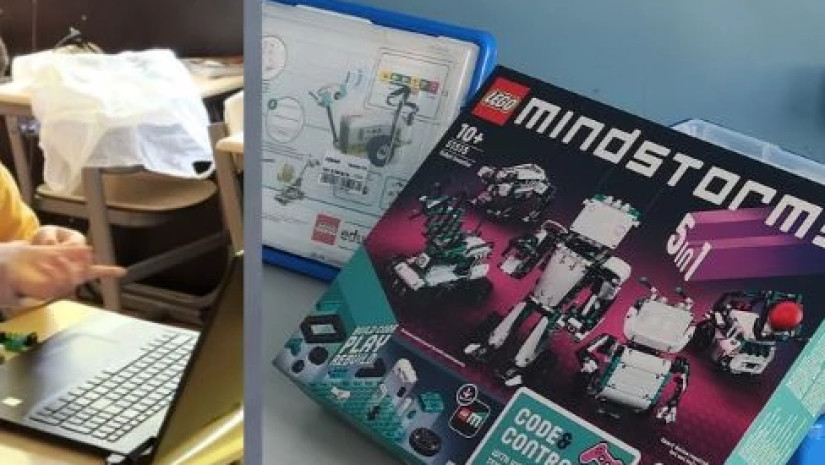In recent years, there has been a growing interest in STEM education due to its potential to prepare students for the careers of the future. The need for STEM education has been recognized globally as it can help bridge the skills gap in the workforce, leading to economic growth and development.
"Stem Space" is a social enterprise that aims to promote STEM education among children aged 7 to 13. The company uses innovative teaching methods to teach children basic skills in engineering, technology, and robotics. The manager of "Stem Space," Davit Barabadze, believes that programming language will soon become as necessary as ordinary language, and it is vital to prepare children from a young age for the digital future.
The company uses Lego's innovative programming sets to teach children the basics of engineering and technology in a fun and engaging way. The sets include a programmable "brain" that children can use to create their own functions and devices. This hands-on approach to learning not only teaches children programming skills but also encourages creativity, teamwork, and problem-solving.
"Stem Space" courses last for three months, with one lesson per week. The courses are designed to be fun and engaging, with children learning essential skills through play. The teaching method is not routine, and the lesson lasts for two hours. Upon completion of the "Lego-education for youth" course, children will have the skills necessary for programming and can pursue this profession in the future if they choose.
"Stem Space" aims to provide children with the skills they need to succeed in a digital future. The company's focus on STEM education helps to bridge the skills gap in the workforce and prepare the next generation for the careers of the future. By using innovative teaching methods and engaging children in the learning process, "Stem Space" is making a significant contribution to the field of education in Georgia.












